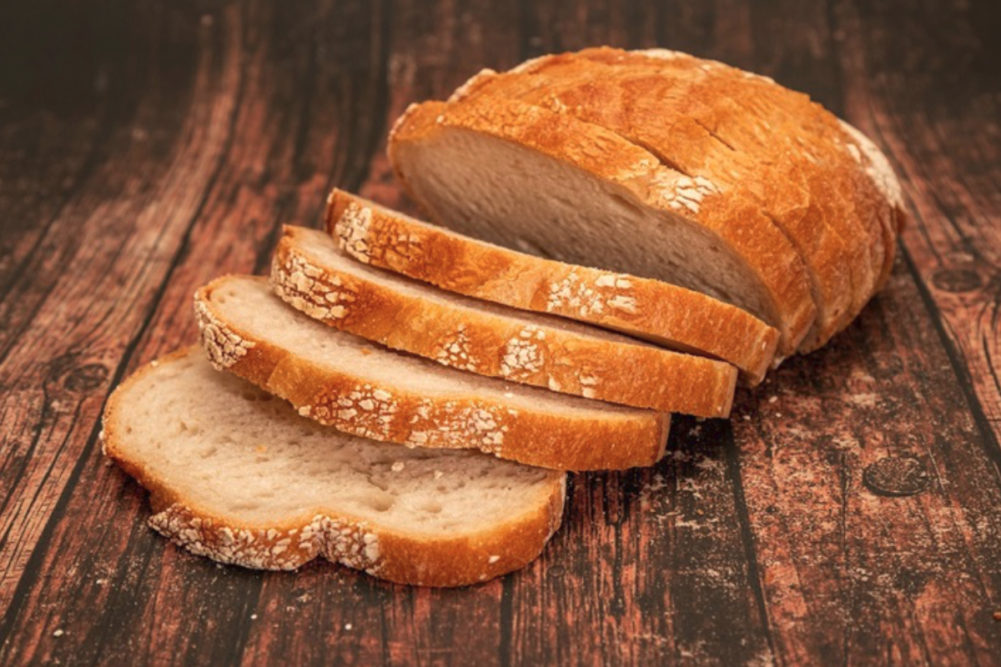LONDON — Folic acid will be added to non-wholemeal wheat flour across the United Kingdom to help prevent life-threatening spinal conditions in babies, the UK government announced Sept. 20. Wholemeal flour contains all the natural features of the grain and has more naturally occurring folate than non-wholemeal wheat flour.
The UK government estimates its action on non-wholemeal wheat flour will help avoid about 200 neural tube defects each year.
“We are committed to giving more children a healthy start in life,” said Health and Social Care Secretary Sajid Javid. “With the safe and taste-free folic acid baked into the national diet, hundreds more babies will be born healthy each year. Focusing on preventing life-threatening health issues such as spina bifida will ensure fewer people will require hospital treatment, and more individuals and families are able to live healthier lives.”
Folate helps the body make healthy red blood cells. Women who could become pregnant or are planning a pregnancy are encouraged to take a 400-microgram folic acid tablet every day before pregnancy and until they are 12 weeks pregnant. Folic acid is naturally occurring in certain foods like leafy green vegetables. Since over 99% of British households buy bread, folic acid in flour-based products should increase folate levels for tens of millions of consumers in the United Kingdom.
About 80 countries have regulations on adding folic acid to staple food products. The US Food and Drug Administration in 1998 required the addition of folic acid to standardized enriched cereal grains such as enriched rice and flour and standardized enrich cereal grain products such as enriched bread and macaroni.
Costs to industry in the United Kingdom are expected to be minimal.
“Flour, whether white brown or wholemeal, is an ingredient in many foodstuffs and supplies a big proportion of our daily fiber and protein along with essential nutrients such as calcium, iron and B vitamins,” said Alex Waugh, director of UK Flour Millers. “If it is decided that folic acid should be added to flour for public health reasons, flour millers will do all they can to overcome any practical challenges to make it happen.”
Officials in the Department for Environment, Food and Rural Affairs; the Department of Health and Social Care; the Food Standards Agency; and Food Standards Scotland are reviewing bread and flour regulations. The review will include how the United Kingdom will implement the mandatory fortification of non-wholemeal wheat flour with folic acid.





